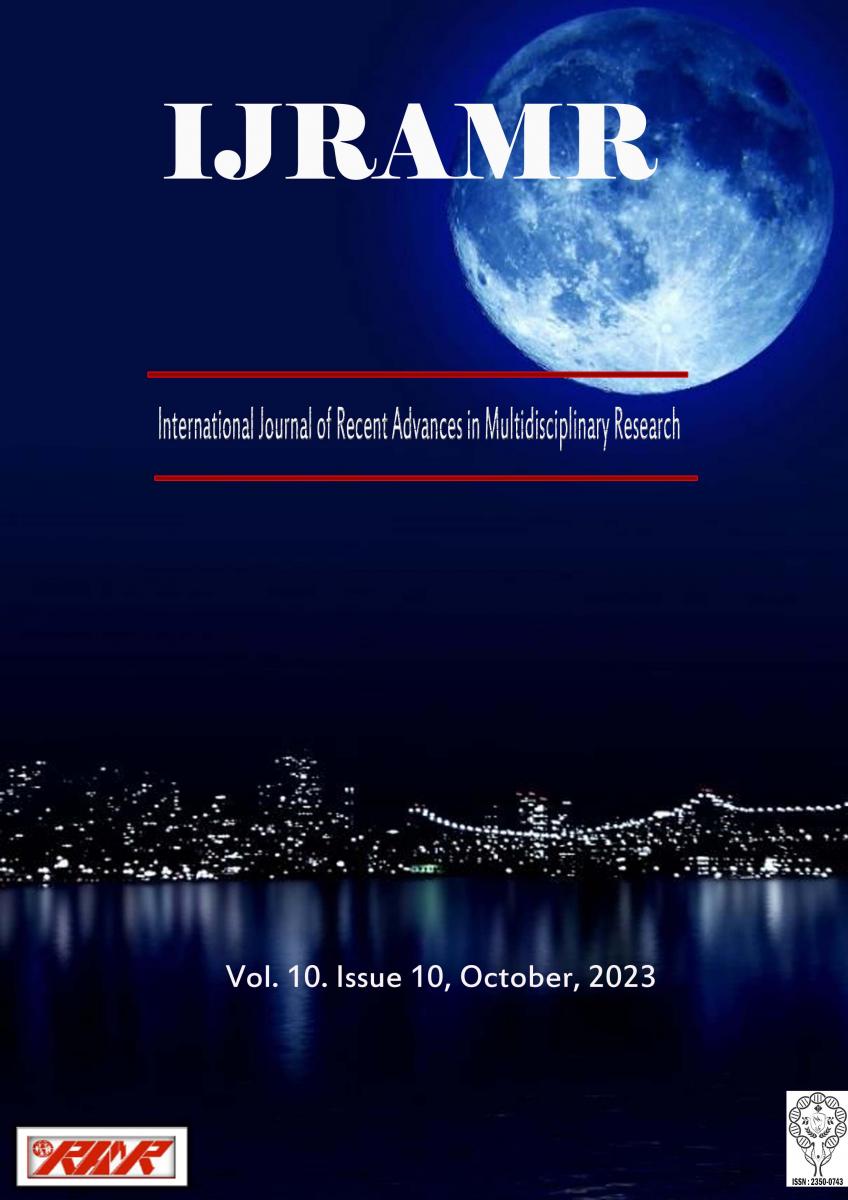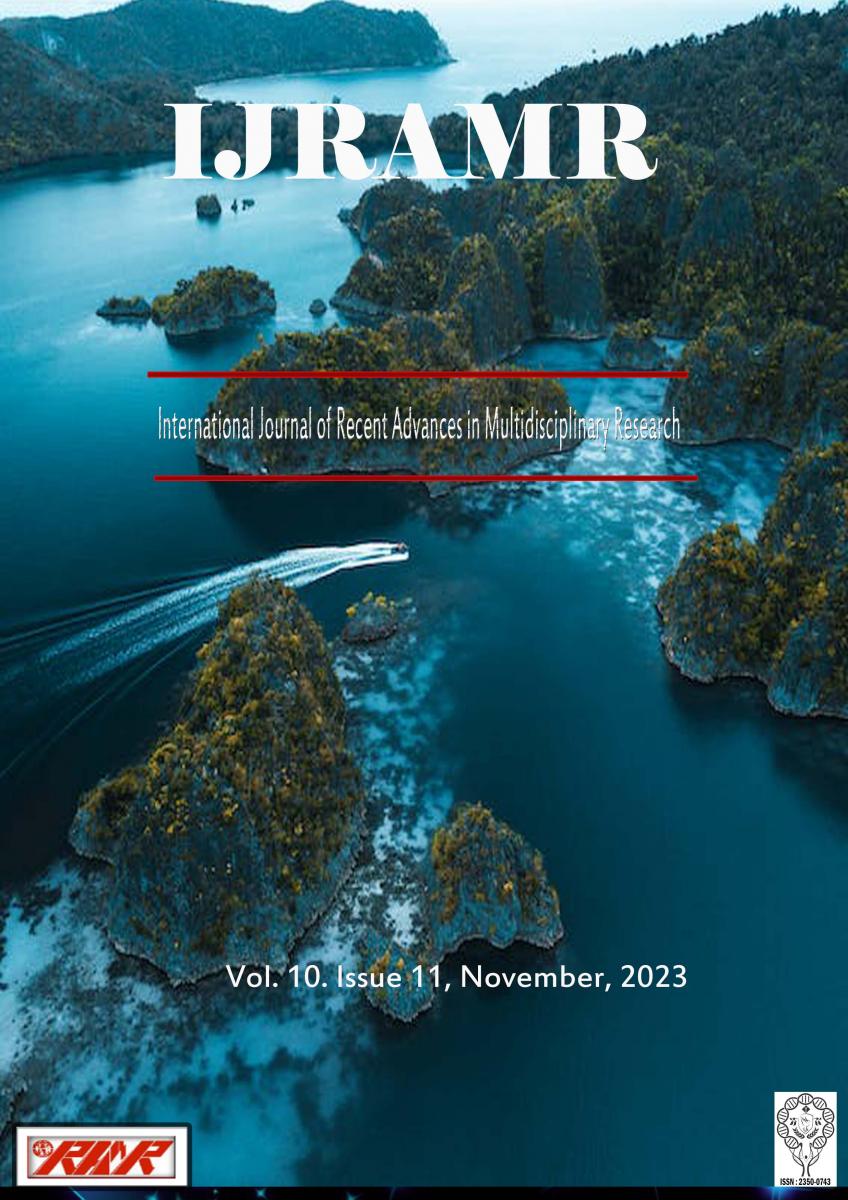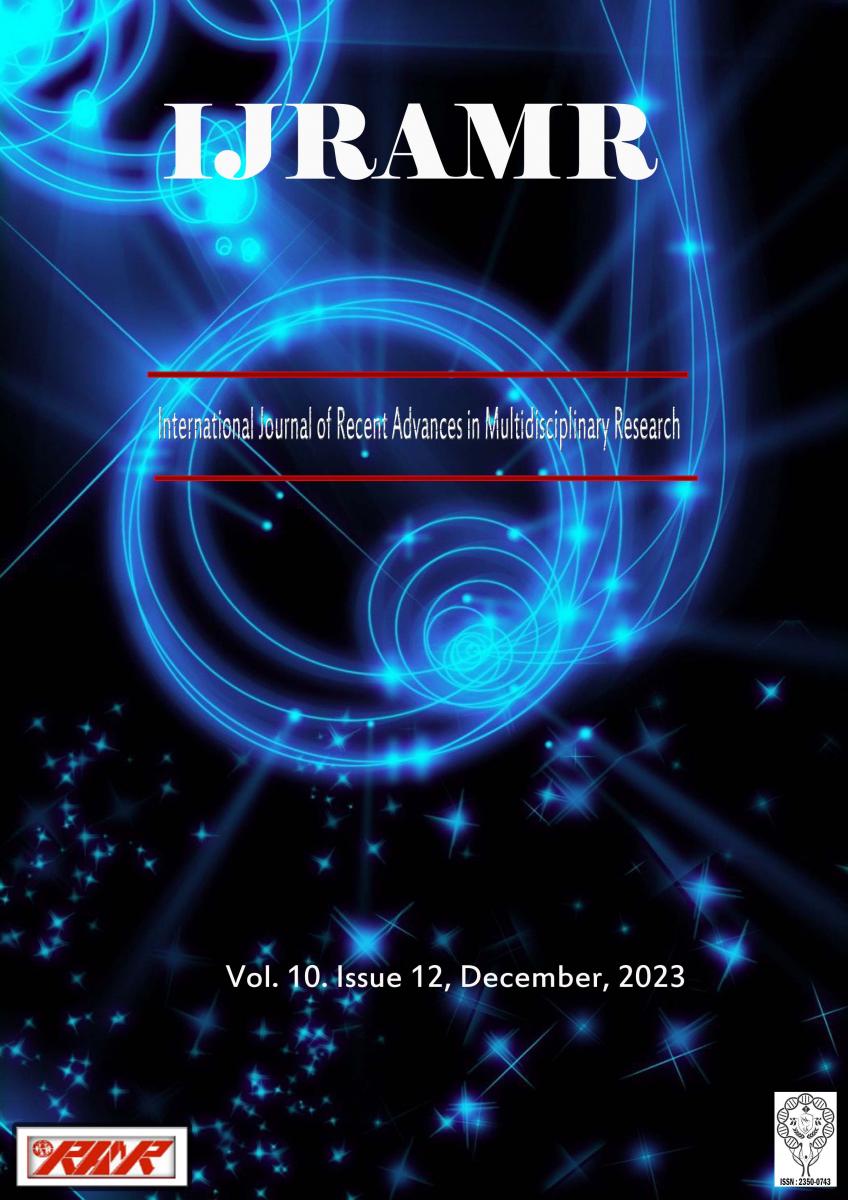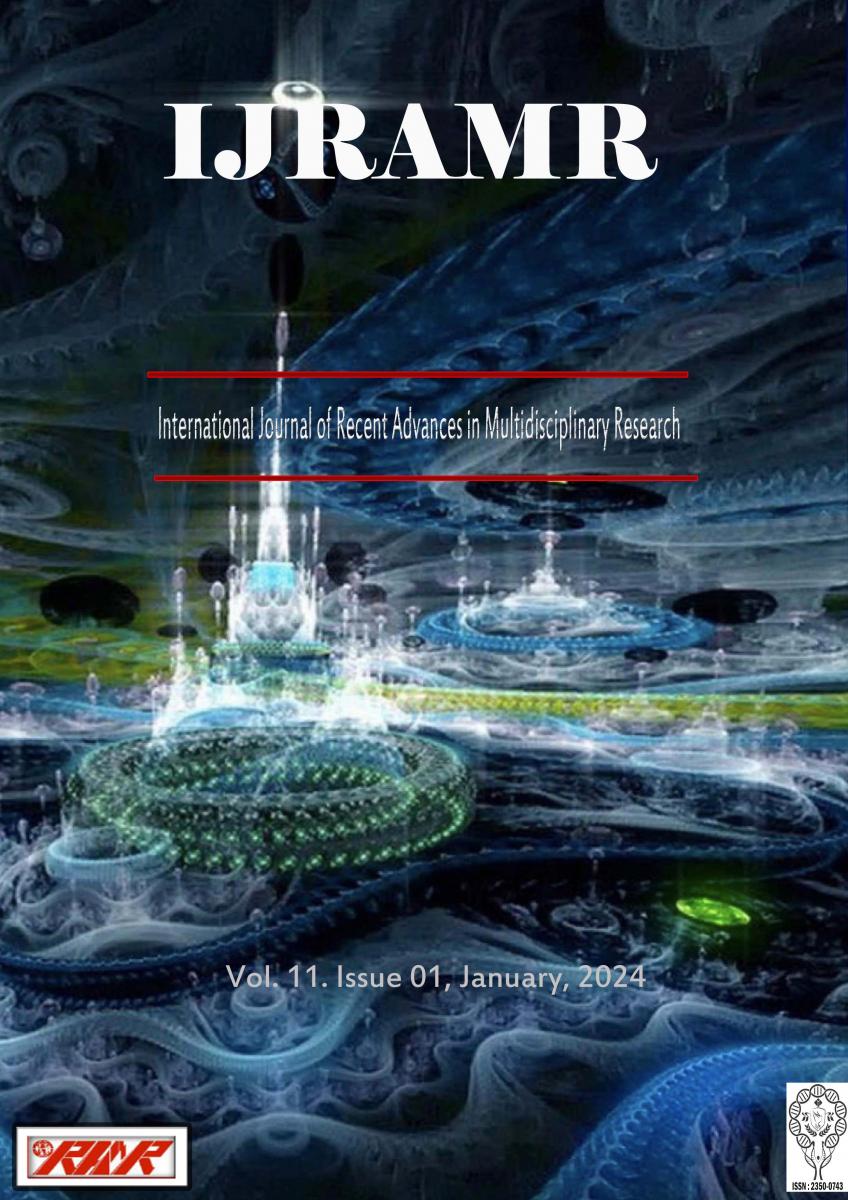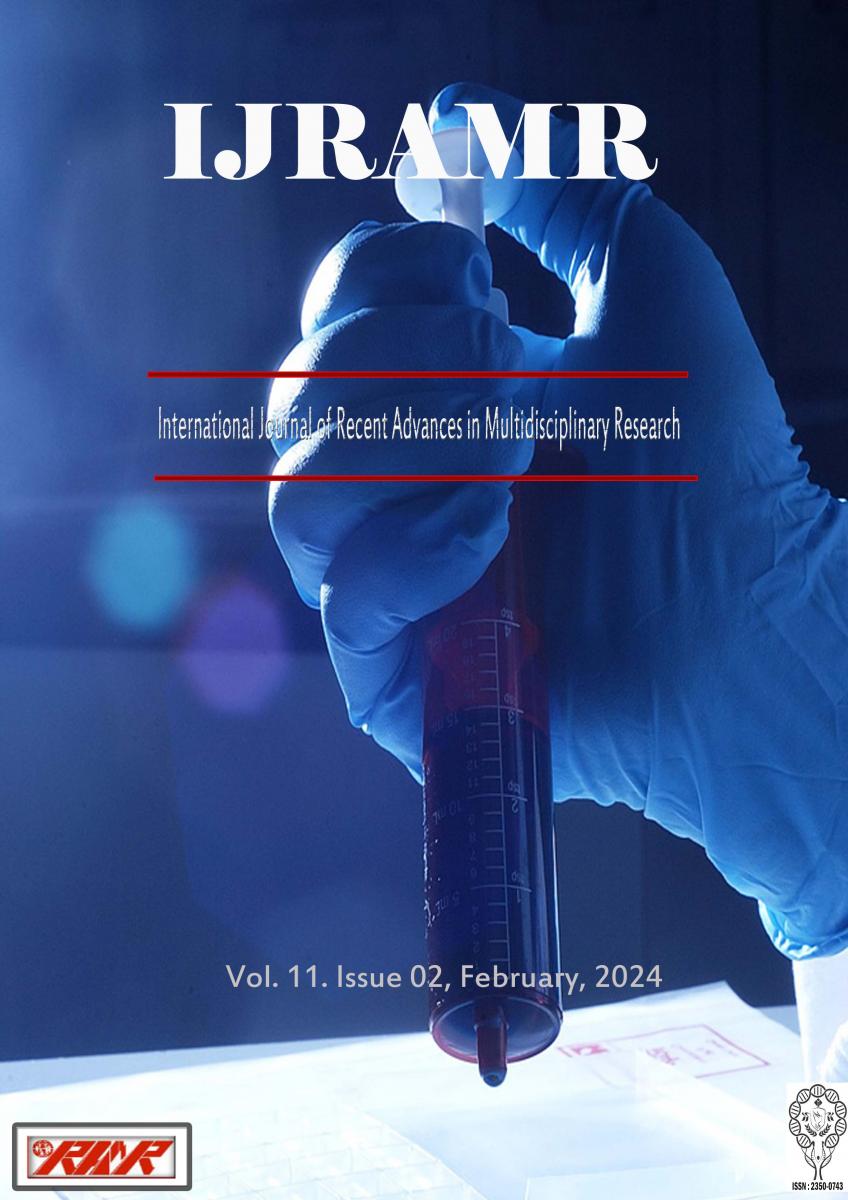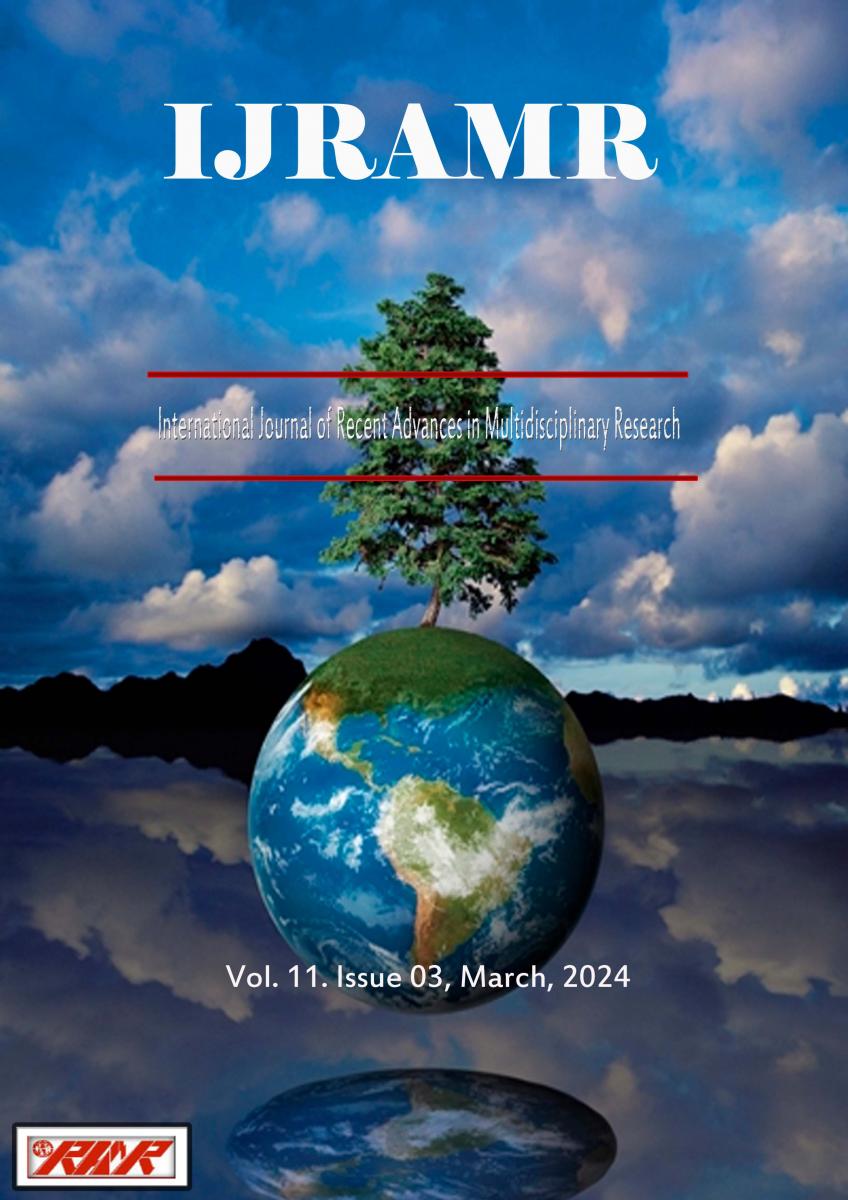Background: Smart phones are no longer only a communication device but serve as a substitute for the home computer and have internet related access as well as a camera that with its high resolution now substitutes the camera we call it as “Selfie camera”. Selfie have now become a major trend and smart phone manufacturers are ensuring that they provide good front cameras in phone and technology is adapting this social trend of self portraits to rule the world. A “selfie” is defined as a self portrait photograph that a person has taken oneself, typically with a smartphone or webcam and then shared via social media like whatsapp, facebook, twitter, etc. Psychiatrists are beginning to consider the compulsion to take selfies as a serious mental health problem, although precise mechanism of selfie-syndrome isn’t known but it is assumed to be due to imbalance between the excitatory & inhibitory neurotransmitter, serotonergic pathway could also be involved. Method: For this study, an evaluative technique was applied. The data is collected using a one-group pre-test and post-test design. The Video assisted teaching programme regarding impact of selfie taking behavior and its impact on health was the study's independent variable, while the Attitude of nursing students regarding Selfie taking behavior and its impact on health was the dependent variable. The study was conducted from April 2022 to June 2022 among 60 subjects; the collected data was analyzed and interpreted using descriptive and inferential statistics. Results: The present study reveals that the overall behavioral scores of respondents were found to be 51.33% with standard deviation 4.59 in pre test. The overall behavioral scores of respondents were found to be 40.1% with standard deviation 3.142 in post test. The obtained "t" value 17.385 is greater than the table value at 0.01 level of significance. Therefore, "t" value is found to be significant. It means there is reduction in behavioral level of nursing student. Conclusion: Study demonstrated that the Video teaching programme on selfies taking behavior and its impact on health is effective in decreasing the behavioral level of nursing students.
